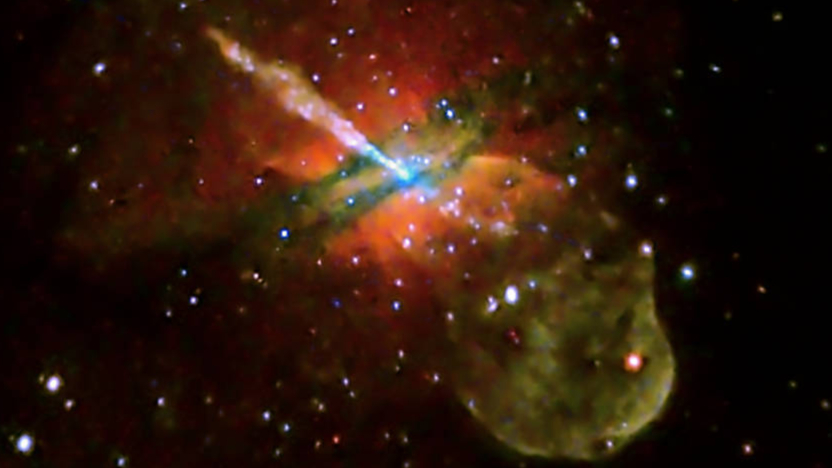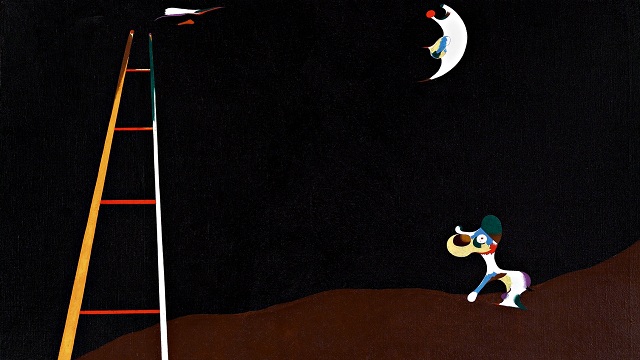New at New Statesman: How We Birth Trolls

The New Statesman has just published my piece concerning the creation of so-called online trolling behaviour. I argue that those who are shocked and outraged by horrible behaviour of online “trolls” are somewhat hypocritical if they also tend to be unnecessarily harsh toward celebrities; I noticed this when people, from various walks of life, all reprimanded me for writing about Paris Hilton (who’s adds glamour to my article): they claimed she was meaningless, stupid, vapid, a bimbo; they “asked” me why I bothered, claimed my post doesn’t belong on Big Think (despite it being obvious they had not read it), etc.
Consider: People who obviously do not “know” Paris Hilton said horrible things about her. I realised where I’ve heard this before: it’s similar to the language used when people fight or swear at each other on online forums; people they’ve never met are sworn at or threatened because they’re reduced to a nametag on the computer screen. This is little different than people we’ve never met who are “just” characters on the television performing for our amusement. If we wonder where such trollishness comes from, we need only consider our casual hatred and dismissal of celebrities.
We created them. We’ve produced an environment where people like Charlotte Dawson attempt suicide because strangers on Twitter had direct access to someone they’d otherwise never be able to reach. Technology may be bringing us together, but no one ought to assume this is always a good thing. Celebrities and people on television have always been the target of casual hatred, of comments that dismiss them as persons with actual emotions, instead of entities flickering on a screen, or smiling from a glossy magazine; all that’s changed is Twitter and blogs and forums have allowed us to air talk that would’ve quickly evaporated at dinners and barbeques into a permanent format: often in ways allowing us to aim our hate directly at the celebrity in question, as with Dawson.
This doesn’t negate that there are situations when celebrities deserve our opposition – indeed, when they do more damage than an ordinary person, by virtue of their fame – but, in all cases, we need to: (1) proportion our attacks according to the necessary damage being done and evidence; and (2) leave out swearing, name-calling, and so on, when and if there are better, more reasonable ways to reproach others for wrongdoing.
I hope you’ll give it a look. (And, yes you can comment there!)
Image Credit: “Look at them,” troll mother said. “Look at my sons! You won’t find more beautiful trolls on this side of the moon.” / John Bauer (source)





